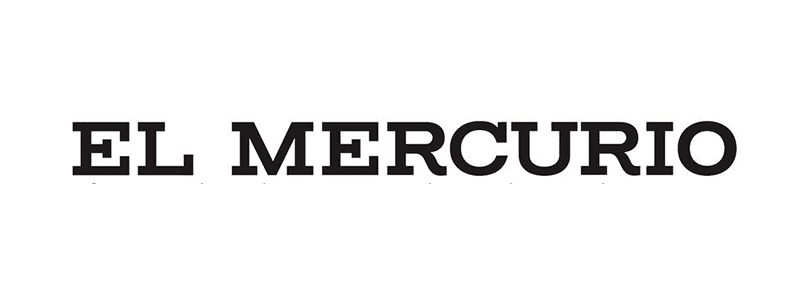Experts analyzed the implications of the approval of the law that punishes “collar and tie” crimes.
Experts highlighted the bill passed into law on Monday, which seeks to toughen the penalties for economic and environmental crimes, including effective imprisonment for certain types of offenses.
The initiative, drafted by parliamentarians from different sectors, seeks to punish corruption, insider trading and collusion.
The text establishes the creation of four categories to determine the different degrees of sanctions.
The first category will prosecute crimes of a purely economic nature; the second will consider economic crimes if they are committed by a person within a company or for its benefit, such as tax crimes and crimes against the environment.
In the same line, the third category involves especially public officials. The fourth category, on the other hand, targets money laundering and asset laundering when it involves assets originating from economic crimes.
Lawyer César Vargas, professor of law at the Universidad del Alba, assured that this regulation will generate the prosecution of conducts that were not considered as crimes.
Regarding insider trading, Francisca Franzani, director of Albagli Zaliasnik’s Compliance Group, indicated that it is likely that the Public Prosecutor’s Office will begin to question the industry’s habitual conduct and that the number of cases will increase.
In the opinion of Juan Carlos Manríquez, a lawyer specializing in economic and corporate criminal law, the initiative pushes the private sector and the public service to reinforce their mechanisms for the prevention of illegal acts.
Paula Vial, professor of UC Law and partner of Vial y Asociados Abogados, emphasized that the so-called “white collar” crimes will have effective penalties.
The bill also expands the legal entities susceptible to be criminally liable under law number 20.393 on corporate liability, including political parties, state universities and legal-religious entities under public law.




